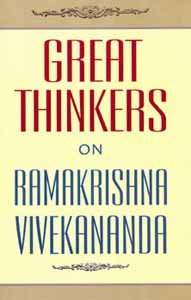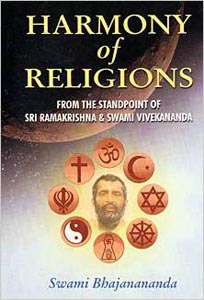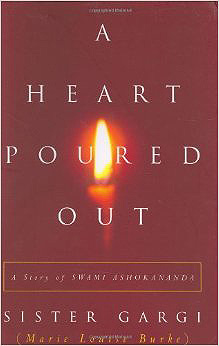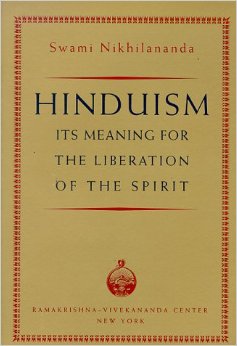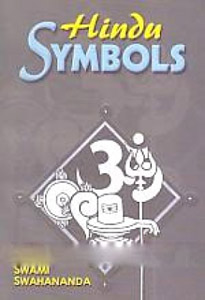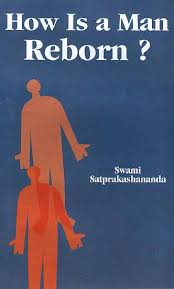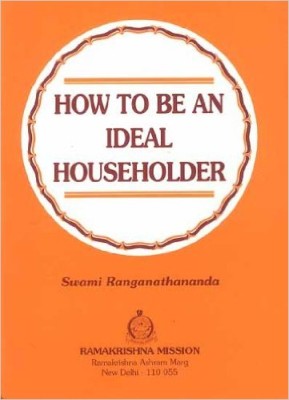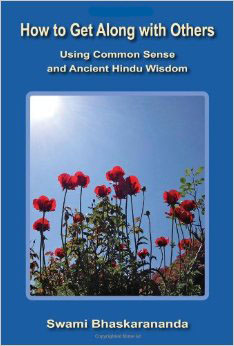Vedanta: Modern Writings
Great Thinkers on Ramakrishna-Vivekananda
Revised and much expanded from the original book published in 1983 under the title 'World Thinkers on Ramakrishna-Vivekananda.'
More info →Harmony of Religions
'Religious ideas will have to become universal, vast and infinite, and then alone we shall have the fullest play of religion, for the power of religion has only just begun to manifest in the world... The power of religion, broadened and purified, is going to penetrate every part of human life and be infinitely more a power for good than it has ever been before.' Swami Vivekananda
More info →Healthy Mind, Healthy Body: New Thoughts on Health
A compilation of articles published in the magazine, Vedanta Kesari, plus three new ones, offering many different perspectives on the healthful cultivation of mind and body.
More info →Not in Stock
Hinduism: Its Meaning for the Liberation of the Spirit
Hinduism, founded on eternal truths regarding the nature of ultimate reality and constantly tested and enriched by the experiences of realized souls, speaks to all humanity.
More info →Hindu Symbols
A wide ranging collection of essays on aspects of Hinduism, its deities, its ideals and modes of practice.
More info →How Is a Man Reborn?
A clear and concise exposition of reincarnation.
More info →How to be an Ideal Householder
Transcript of a talk given by Swami Ranganathananda at the Ramakrishna Mission, New Delhi in 1998.
More info →
 Streaming
Streaming